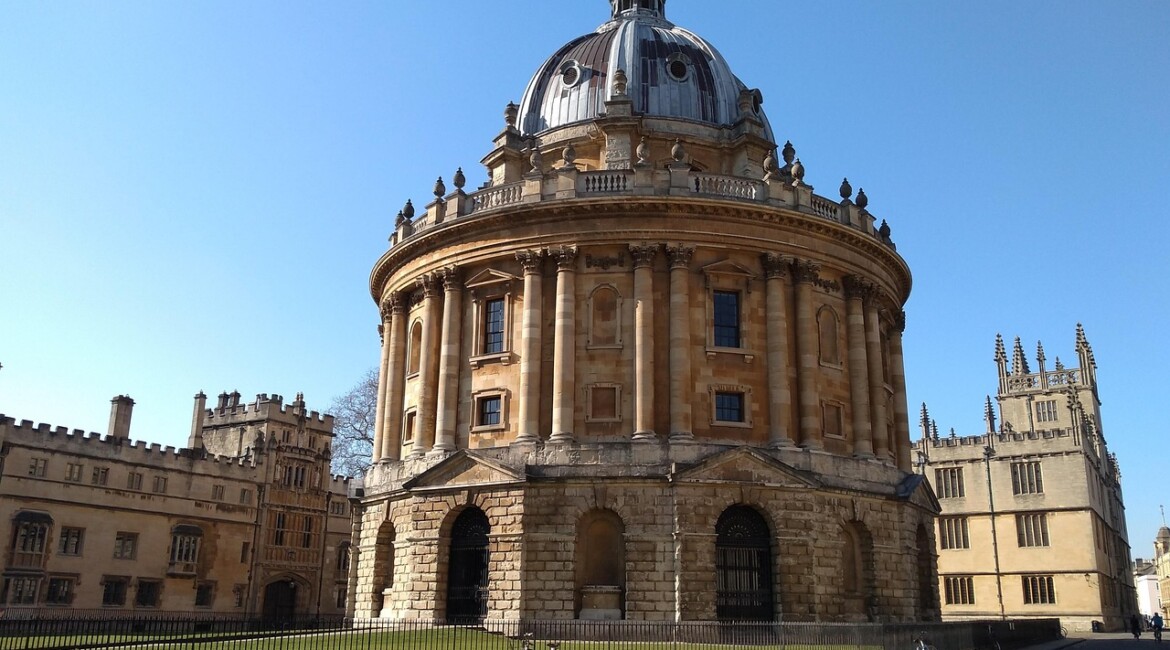
Intellectual Property Rights, University Students and Spin Offs
By its very nature, university research generates a raft of intellectual properties rights (IPRs) and frequently disputes about ownership arise between the university concerned, the student and even spin off companies and start-ups run by such students.
One such dispute arose when Mr Jing, an Oxford University DPhil (equivalent to PhD) student, created an invention whilst at the University. Patents relating to this invention were later licensed by the University to a spin off company, of which Mr Jing was the CEO. The University demanded unpaid royalties and, in response, the spin off company challenged the University’s ownership, interestingly on consumer law grounds.
To succeed, Mr Jing first had to show he was a “consumer” when studying for his DPhil and secondly that the University’s IP Policy was unfair within the meaning of the Unfair Terms in Consumer Contracts Regulations.
Was Mr Jing a consumer?
Given their lack of employment status and weak bargaining position relative to well-funded universities, the Court considered undergraduates, DPhil and PhD students as consumers.
Was the University’s IP Policy unfair?
The issue of fairness centred on a clause in the University’s IP Policy. Worded very broadly, it asserted the University’s ownership over IP “created by student members in the course of or incidentally to their studies”.
The Court considered that, whilst on its own the clause could be considered unfair, the University’s IP policy as a whole and its intention gave the clause its narrow meaning, i.e., limiting ownership to IP arising directly from specific studies, and not including any invention created during a student’s time at university. In fact, the University never relied upon this broader interpretation and amended the policy wording subsequently.
The Court’s found that the IP Policy was not unfair, the relevant IP was owned by the University and the patent licence valid and enforceable.
Takeaways
This case raises the possibility of using consumer contract law to challenge IP ownership in respect of inventions created by students whilst at university.
It shows that overly broad wording around IP ownership (such as blanket wording that IP created “incidental to” the project / studies / role) can be challenged on consumer law grounds, especially where the inventor has a lack of experience or is in a weak bargaining position, e.g. undergraduates / postgraduates, work experience students, interns.
Overstepping the mark could mean ownership remains with the student, not the university, and anyone seeking to buy, license or invest in such IP should investigate the university’s IP policy existing at the time of the IP’s creation.
Equally, a spin off or start up with a student founder who created the underlying IP whilst at university could well claim ownership of such IP on the basis that the university’s IP Policy falls foul of consumer protection legislation.
(For the case, see https://www.bailii.org/ew/cases/EWHC/Patents/2022/3200.html)
This article is intended for general information only, applies to the law at the time of publication, is not specific to the facts of your case and is not intended to be a replacement for legal advice. It is recommended that specific professional advice is sought before relying on any of the information given. © Jonathan Lea Limited.
